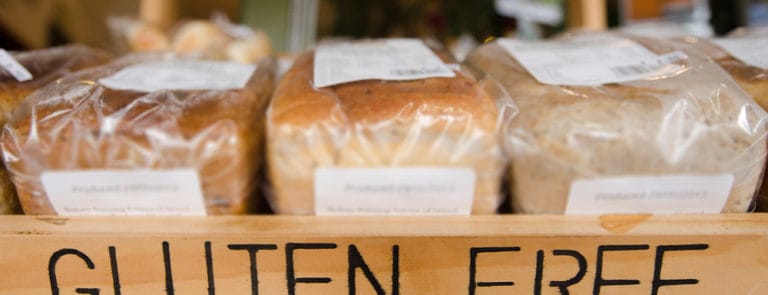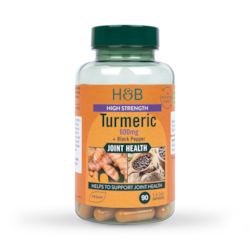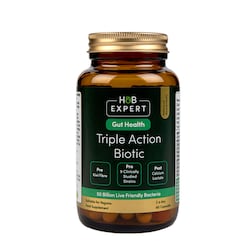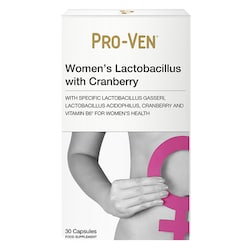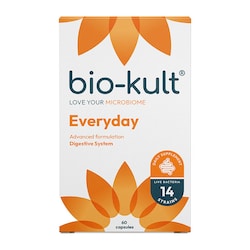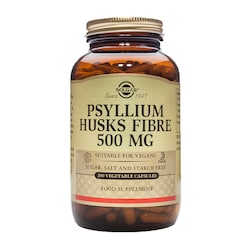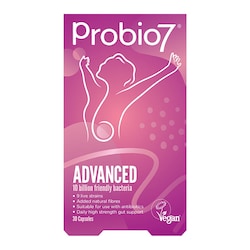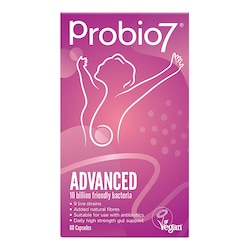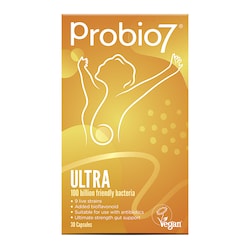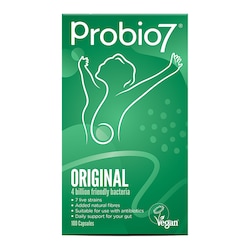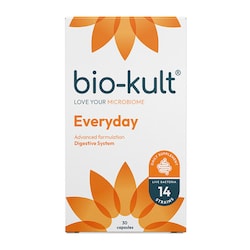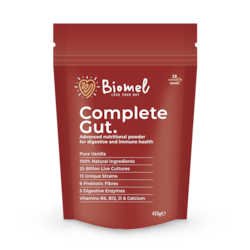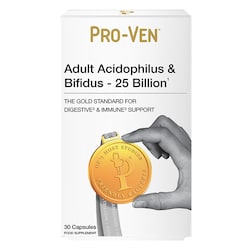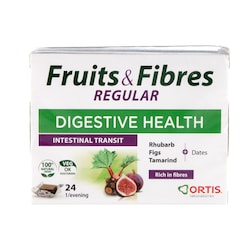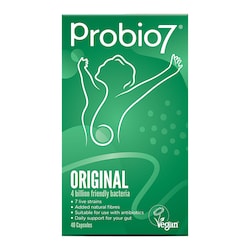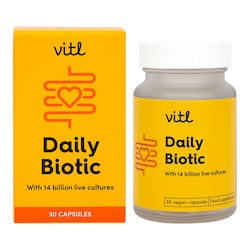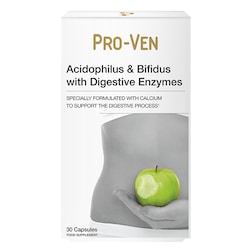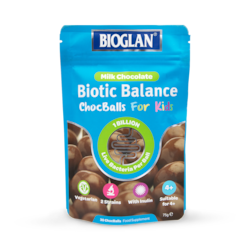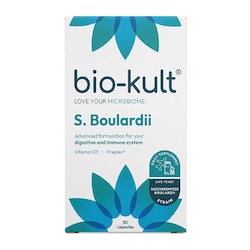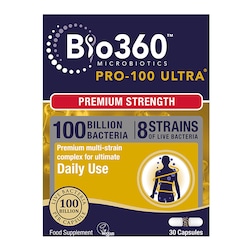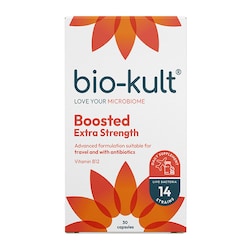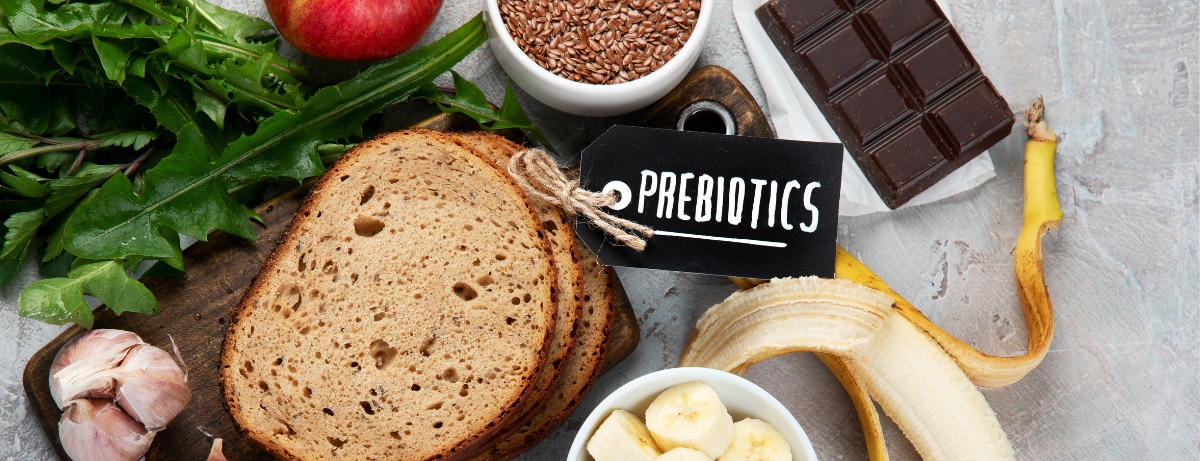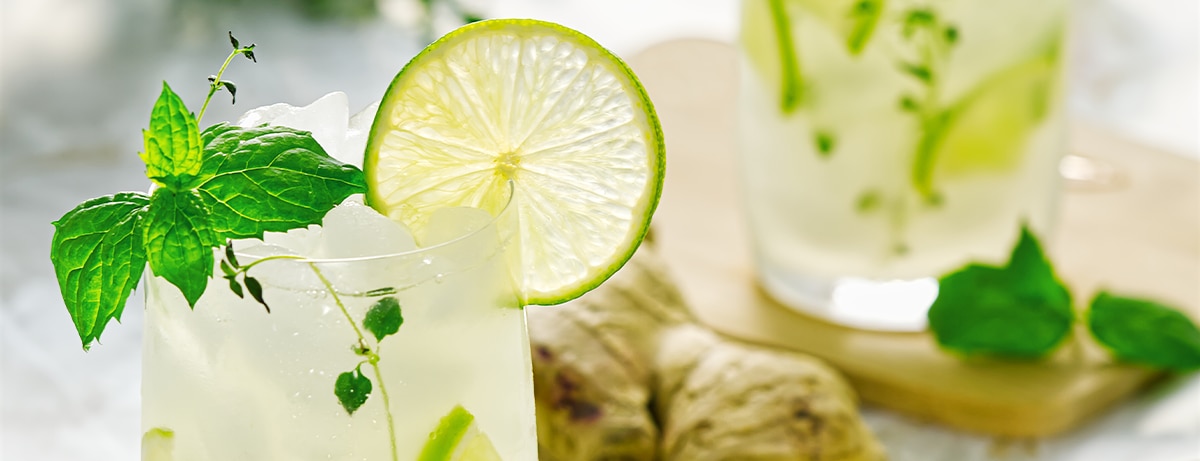You might have heard of coeliac disease but not really know much about it. From initial consultations, to various forms of medications, scans and nutritional experts, it can be an overwhelming issue to diagnose.
Whether you have coeliac disease or you just want to know more about it, here’s some useful info.
So, what exactly is it?
Coeliac disease is an autoimmune disorder in which the small intestine has a hypersensitivity towards the protein Gliadin, found in gluten. It’s also known as the ‘multi-system disorder’ which means symptoms can affect any part of the body and over time, the lining of the bowel becomes damaged. It’s also hereditary and is very often confused with both a wheat allergy and irritable bowel syndrome.
The key thing to note is that not everyone who suffers with coeliac disease will experience exactly the same symptoms and it can significantly vary from person to person. If you suspect you might have it, the first thing you need to do is speak to your doctor. There are a whopping 300 plus symptoms of this disease, making it a tough health issue for doctors to diagnose. The most commons ones to look out for are:
- Severe or occasional diarrhea or constipation, often with excessive wind.
- Unexplained stomach issues, such as nausea and vomiting
- Recurrent stomach pain, cramping and/or bloating
- Severe fatigue and memory fog
- Anaemia
- Mouth ulcers
- Hair loss
- Rashes on the skin
- Joint pain
- Liver abnormalities
Due to the damage of the small intestine and issues with digesting essential nutrients, it’s not uncommon for sufferers to eventually experience symptoms of both anaemia and even malnutrition. Coeliac disease can also be responsible for depression in some cases.
It’s important that anyone experiencing any of these symptoms, plus other unexplained and stubborn illnesses for a few months or more, should visit their doctor urgently as the right lab tests must be used in order to reach an official diagnosis. It’s also vital to continue to follow a diet containing gluten otherwise the tests will not work in the right way and that crucial diagnosis could be wrong.
For those with Coeliac Disease, it can be a difficult diagnosis to manage as strictly all gluten must be avoided. As this is present in so many common foods, it can also be somewhat debilitating to live with.
With that in mind, this helpful guide explains what foods to steer clear of and indeed, just what delicious foods can be consumed on the Coeliac diet.
So, just what can be eaten on a Coeliac diet?
To take it back to basics, let’s start with the grains. Contrary to popular belief, people on a coeliac diet can include grains in their diet; it’s simply knowing which ones are safe to ingest.
For example, rice, corn, quinoa, millet and buckwheat are all grains of a gluten-free variety. There is some question of gluten itself slipping in through harvesting processes and so for peace of mind (and gut), it’s always best to check that the product you are purchasing has been tested for the existence of gluten.
Oats is a questionable topic, as even though they are free from gluten as a product, harvesting and processing equipment often means that contamination can easily occur. To ensure that your oats are gut friendly, look out for labelling that indicate no gluten is present.
Fresh fruit and fish is usually safe to ingest but those found in ready meals might well be another story. If the label provides less than exact information, it’s best to avoid altogether to ensure a happy digestive system.
It’s not surprising to learn that fresh and frozen fruits and vegetables are naturally gluten free as a food source but label checking is essential when picking out processed produce as you never know what traces might have slipped in.
Dairy is also another food group that can be safely consumed, so those suffering from Coeliac Disease can be safe in the knowledge that their calcium intake won’t be compromised. Eggs are also still accepted.
Luckily in today’s ever evolving world, gluten-free is a term much more widely acknowledged and so there are dedicated aisles in supermarkets and shops to offer foods devoid of this substance. This makes it easier to enjoy the diet and can also offer inspiration in terms of what meals to cook up!
And what can’t?
As previously highlighted, gluten is the enemy of the coeliac community and so must be avoided at all costs. Not only this but foods containing wheat, barley and rye must also be given a miss as they can contain this unfriendly grain.
Pasta and bread are a biggie and often the first and most obvious items to remove when following this particular diet, as most are traditionally made up of wheat. There are gluten free alternatives available but investigating will be required to ensure these remain a staple part of the diet.
Breakfast time is a different experience on a coeliac diet as most cereals contain ingredients of a gluten or wheat variety, so it could be a chance to try to perfect that elusive poached egg! It is possible however to wake up to some gluten free cereals - labels will help to guide the way.
Surprisingly, soups, sauces and dips are among the most common to harbour all things gluten. This is down to many brands using wheat as a thickening agent. As these products might not ordinarily be at the forefront of the gluten debate, it’s imperative to check the ingredients lists to ensure avoidance is continued at all meal preparation levels.
Unfortunately for some, waving goodbye to gluten also means a bitter farewell to bitter! As beer and lager is primarily processed from wheat products, this can be a difficult pill to swallow. Again, some brands do offer gluten-free choices so all may not necessarily be lost.
It’s important to remember that even though labelling of certain free from foods has become much more transparent in modern day times, understanding exactly what it means is key. For example, just because a product is labelled as wheat-free, it doesn’t necessarily mean it will be free of gluten.
Always remember to check ingredients lists and labels thoroughly to ensure a happy and healthy gut.
Shop Free From Food & Drink